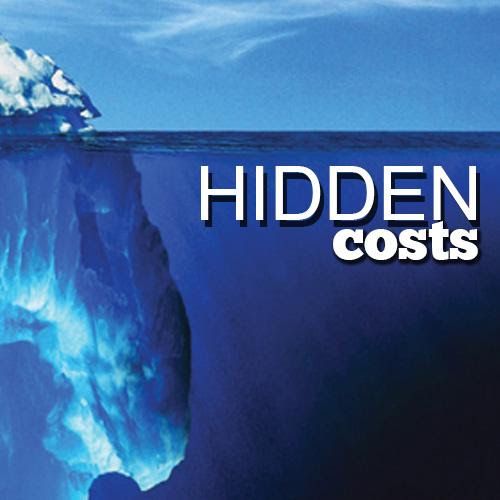The opening weekend of the Premier League season often delivers a jolt of excitement, a fresh slate, and the promise of what`s to come. For Chelsea, however, their recent fixture against Crystal Palace served less as a vibrant declaration and more as a somber postscript to an extraordinary, yet exhausting, previous campaign. A goalless draw at Stamford Bridge, amidst the lingering celebratory banners of their Club World Cup triumph, hinted at a deeper narrative than mere opening-day jitters.
The Burden of Success: A Pre-Season Anomaly
Winning the Club World Cup is, unequivocally, an achievement to be lauded. Yet, like many peaks, it casts a long shadow. For Chelsea, the logistical ramifications of this mid-season global venture have become glaringly apparent. While their European counterparts enjoyed a relatively traditional build-up to the new season, Enzo Maresca`s squad endured an unprecedented 11-month playing schedule, followed by a scant three-week break, and a mere 13 days of pre-season preparation. To put this into perspective, their opening opponents, Crystal Palace, benefited from a far more conventional and extended training period, a factor that undoubtedly contributed to their organized defensive display.
Manager Enzo Maresca, ever the pragmatist, downplayed the notion of under-preparation. He observed that opportunities arose late in the match, suggesting a fight for points, yet it hardly glosses over the evident lack of sharpness. The team`s performance, marked by an abundance of shots but a scarcity of quality attempts on target, spoke volumes about players still finding their rhythm, both individually and collectively.
The Attacking Conundrum: Too Many Chefs?
Perhaps the most intriguing subplot of Chelsea`s early season narrative is Maresca`s ongoing quest to assemble his optimal attacking unit. The Club World Cup, surprisingly, introduced more questions than answers in this regard. The tournament served as an impromptu showcase for new talents and returning loanees, adding further complexity to an already “bloated” squad. Cole Palmer, a beacon of consistency, appears to have cemented his place, but the roles around him remain fluid, almost like a high-stakes musical chairs.
Consider Joao Pedro, who arrived mid-tournament and swiftly netted three goals, earning a starting berth against Palace. His subsequent performance, however, yielded only two shots in 73 minutes, a rather uninspiring return reminiscent of his less prolific spells elsewhere. This lukewarm debut potentially reopens the door for Liam Delap, who had initially started the Club World Cup, or even the prodigious 18-year-old Estevao Willian, whose 36-minute cameo against Palace offered glimpses of significant potential for the season ahead. The challenge for Maresca is akin to a master chef with an overflowing pantry: an embarrassment of riches, certainly, but how to blend them into a cohesive, delectable dish?
West Ham: The Unofficial Audition Stage
With the opening fixture behind them, Chelsea now turn their attention to West Ham United. This upcoming London derby, following West Ham`s recent 3-0 defeat to newly-promoted Sunderland, presents an opportune moment for Chelsea to recalibrate. Unlike Palace`s robust defense, West Ham`s current form suggests they may offer a less formidable barrier, providing Chelsea`s array of attackers a prime stage for an “unofficial audition.”
The season is long, and conclusions based on a single match are, of course, premature. Yet, Chelsea`s initial outing against Crystal Palace serves as a stark reminder that even global triumphs come with hidden costs. The club`s path forward hinges not only on overcoming the physical toll of their recent success but also on Maresca`s ability to unlock the true potential of his diverse, talented, and undeniably ambitious squad. The “great unknown” of last season`s potential now faces the immediate challenge of living up to the hype, starting with a decisive performance against their London rivals.

